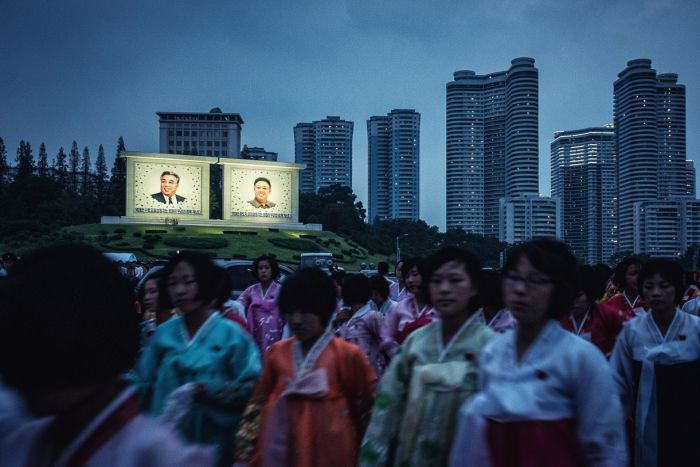The following post was written by our Executive Director, Dan Chung.
I had a meal with a family who narrowly escaped North Korea as the authorities attempted to arrest them about eight years ago. In the rush to flee, they had to make the difficult decision to leave their youngest daughter behind. The three sat with me in a restaurant, father, mother and oldest daughter. None of them could eat because they were wracked with worry and guilt.
Crossing Borders has sat with North Koreans going through the worst of circumstances. Over the years I’ve learned to stay quiet and speak only when asked.
People sometimes ask me if I have trouble celebrating when I've witnessed so much sadness in the world. They’ve asked if events we host should be so ‘fun’ when the purpose is to remember those who have suffered so much.
My answer lies at the heart of the season we are about to celebrate: Thanksgiving. For through the simple act of giving thanks, we acknowledge the brokenness in this world but we also remember how blessed we are.
The first American Thanksgiving took place in 1621 in a time of immense difficulty for the Pilgrims, who had just landed on American shores one year prior.
“So, in some way, that day of Thanksgiving is also coming out of mourning,” said Kathleen Donegan, author of “Seasons of Misery: Catastrophe and Colonial Settlement in Early America.” “But we don’t think about the loss, we think about the abundance.”
Donegan is correct. When we think about Thanksgiving, we often think of the copious food and drink at the table. But the holiday was born out of sorrow and hardship.
Some of the most grateful people I have ever met are North Korean women. Women who have been robbed of everything they held precious: their families, their freedoms and their dignity. And yet, in the midst of these sorrows, they are joyful. They joke around, do impressions of each other and even their Dear Leader, sing and play games like little children. It is truly a sight to behold.
They are thankful not despite their circumstances but rather their circumstances drive them to focus on the good. From these women I am reminded that we can be truly thankful when we realize how fragile our circumstances are.
So when we feast this Thanksgiving, I hope we don’t push the uncomfortable thought of North Korean refugees and other suffering out of mind. This can only lead to guilt. I hope we hold them in our hearts so that we can truly remember how blessed we are.



















